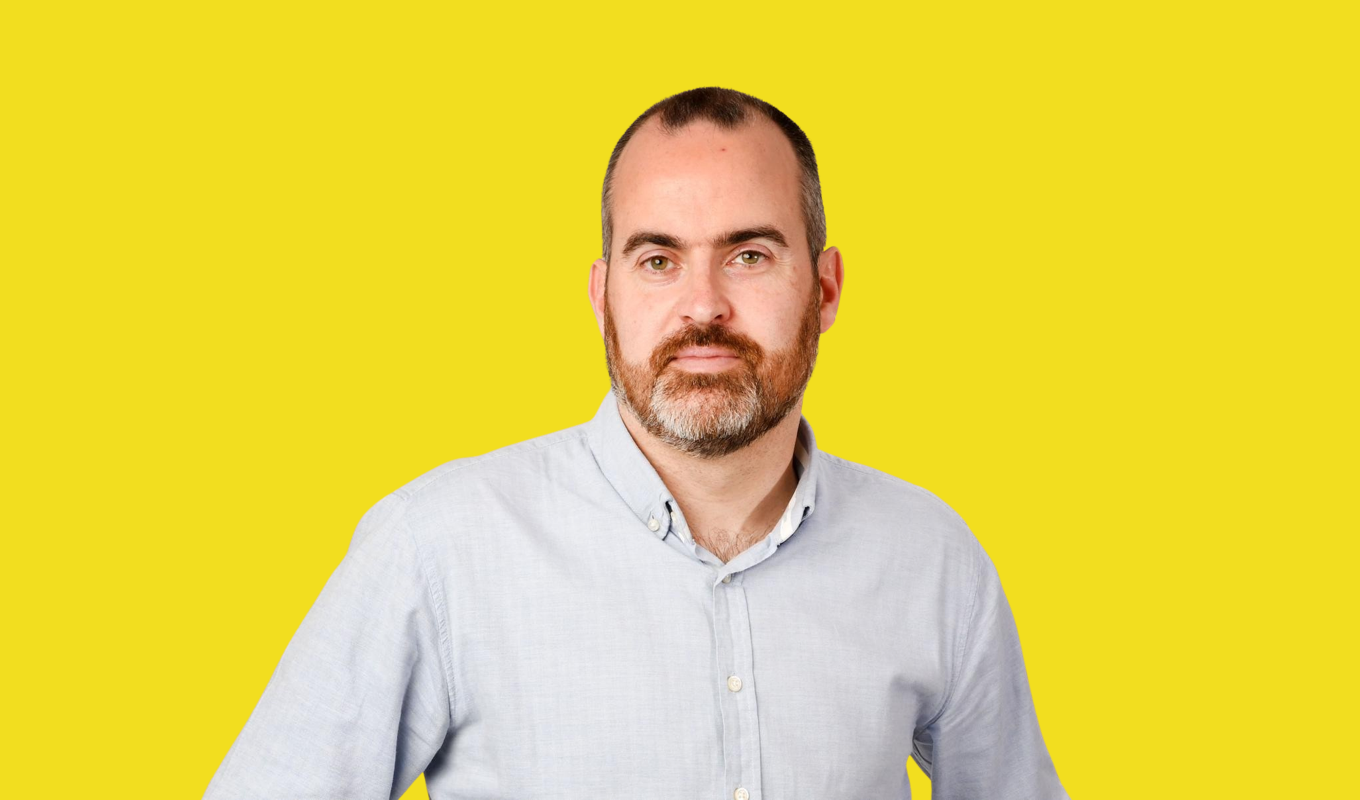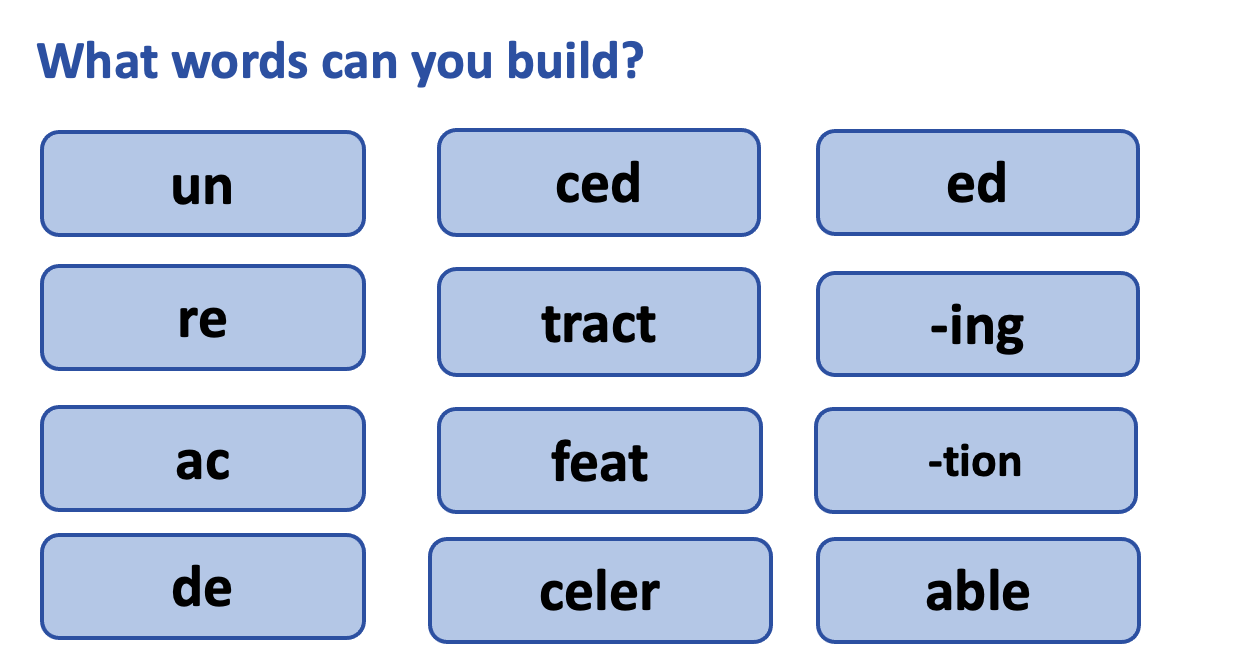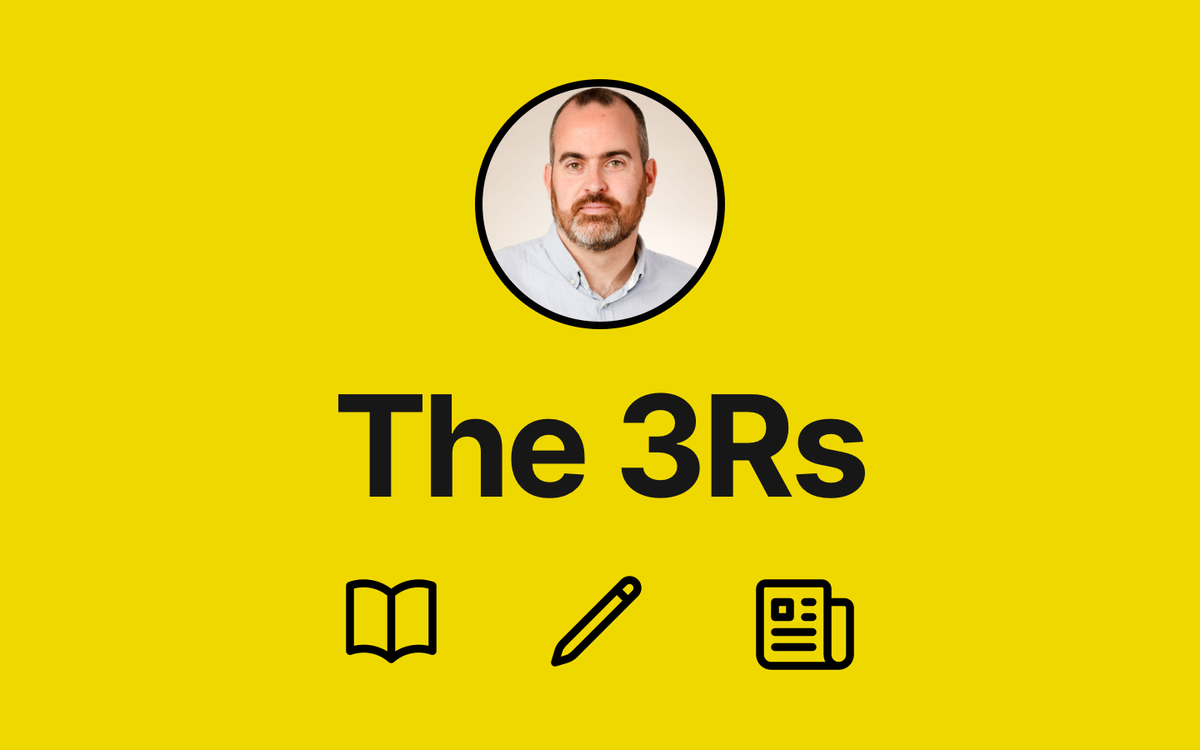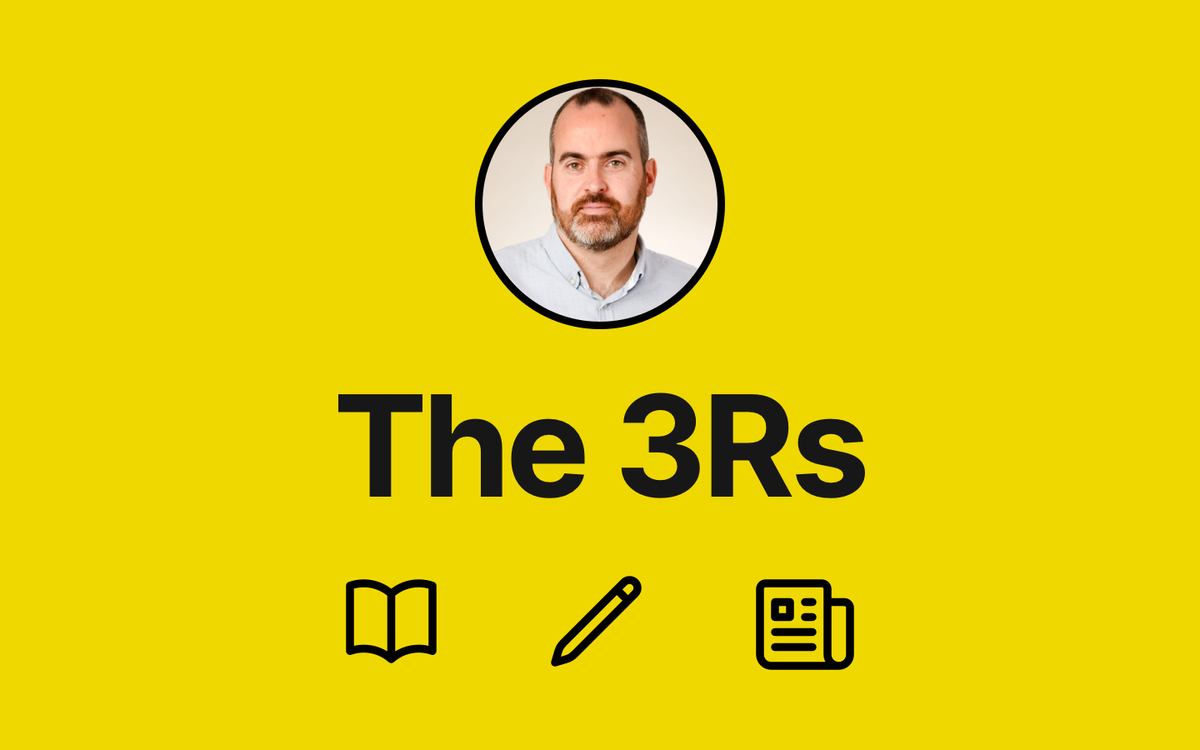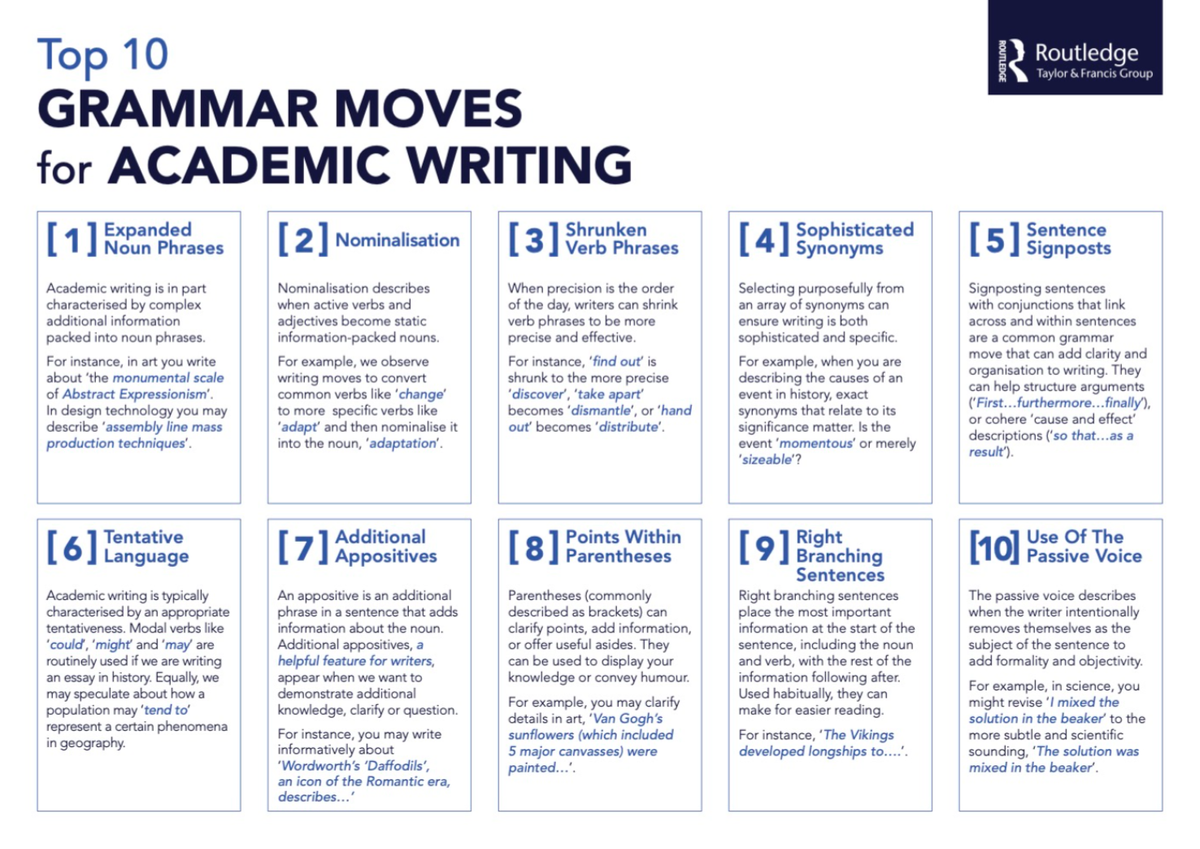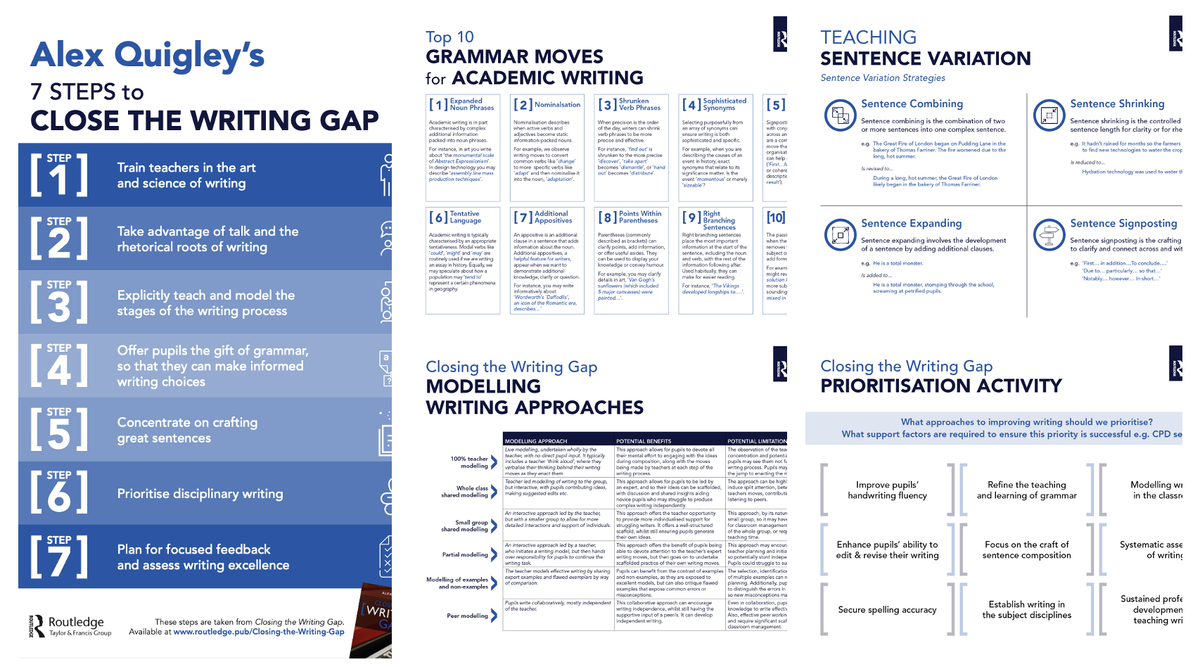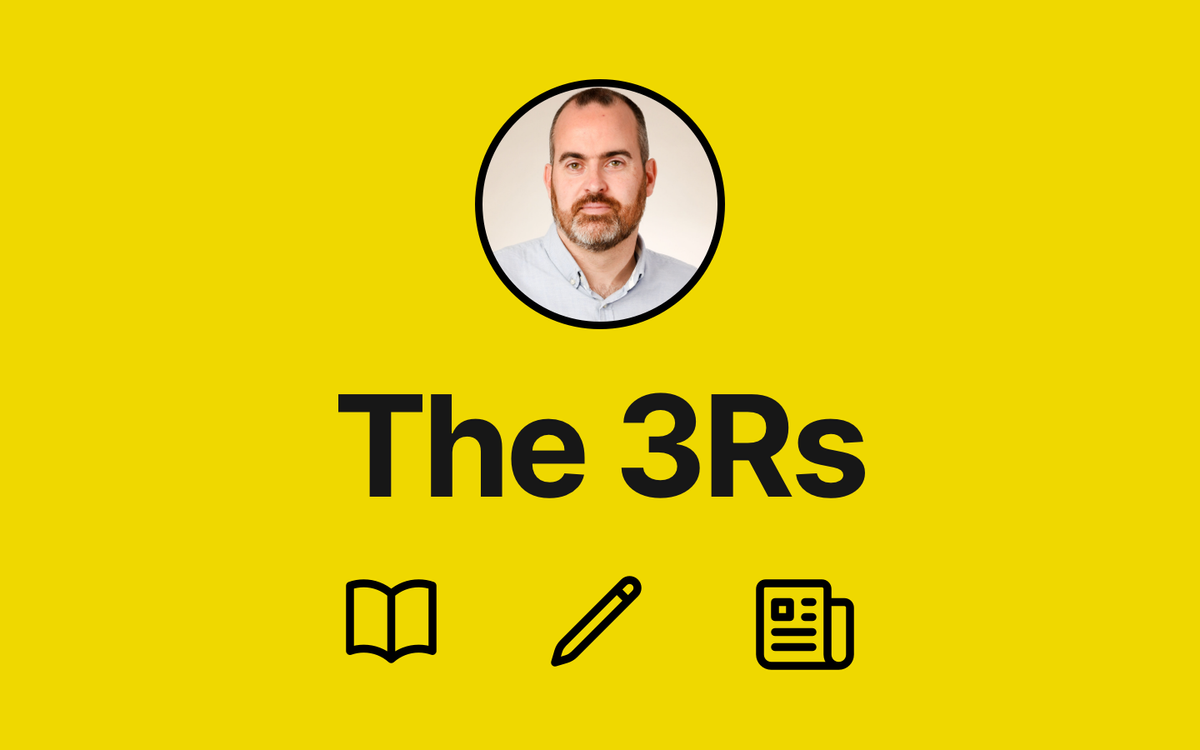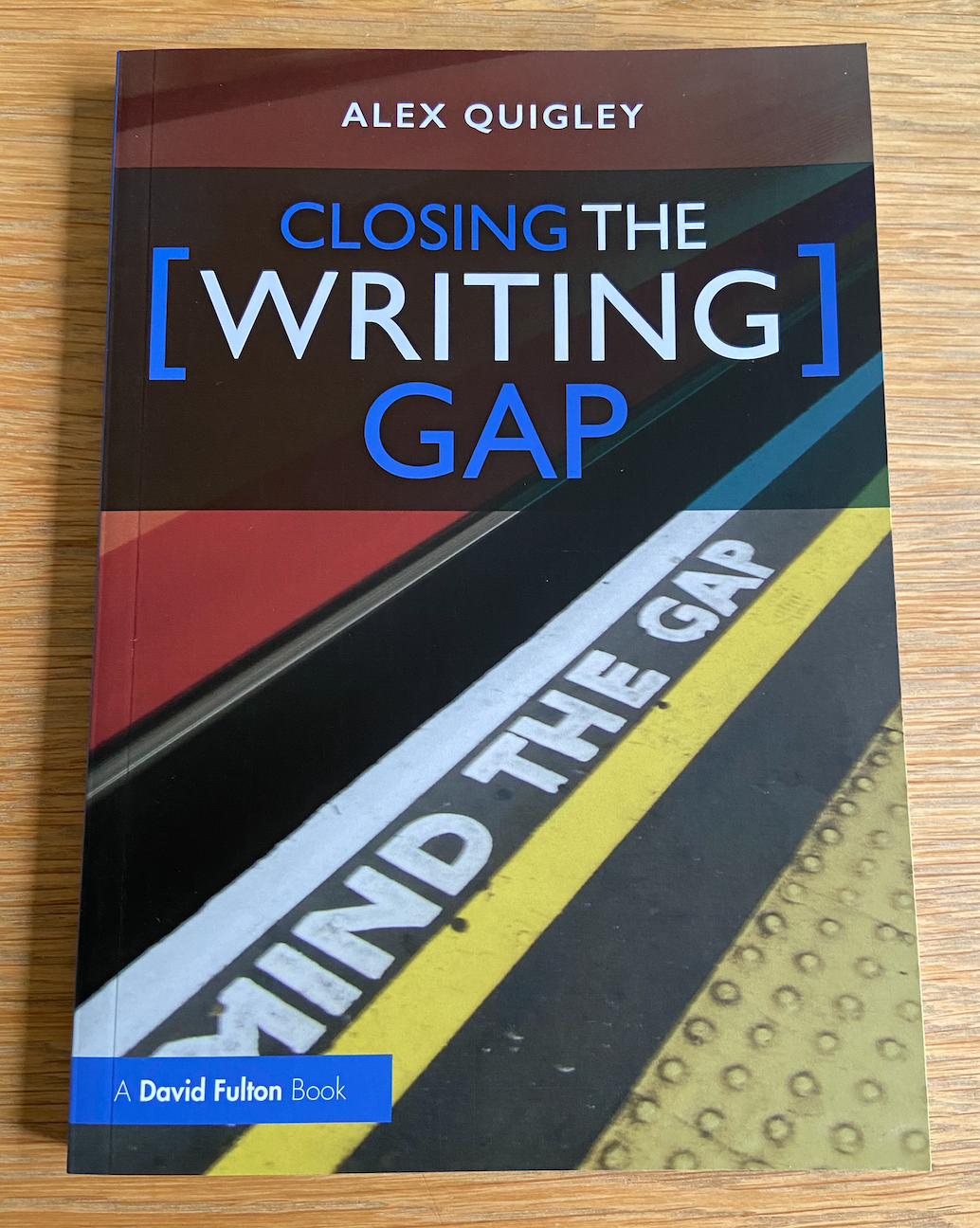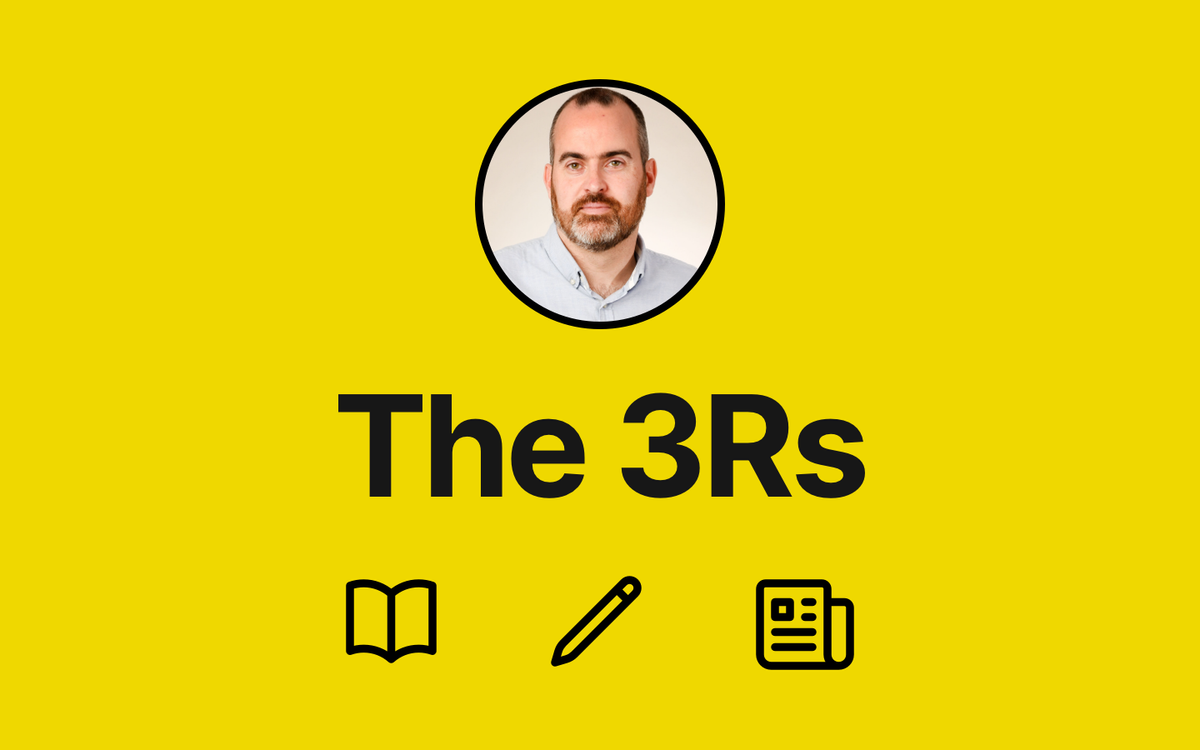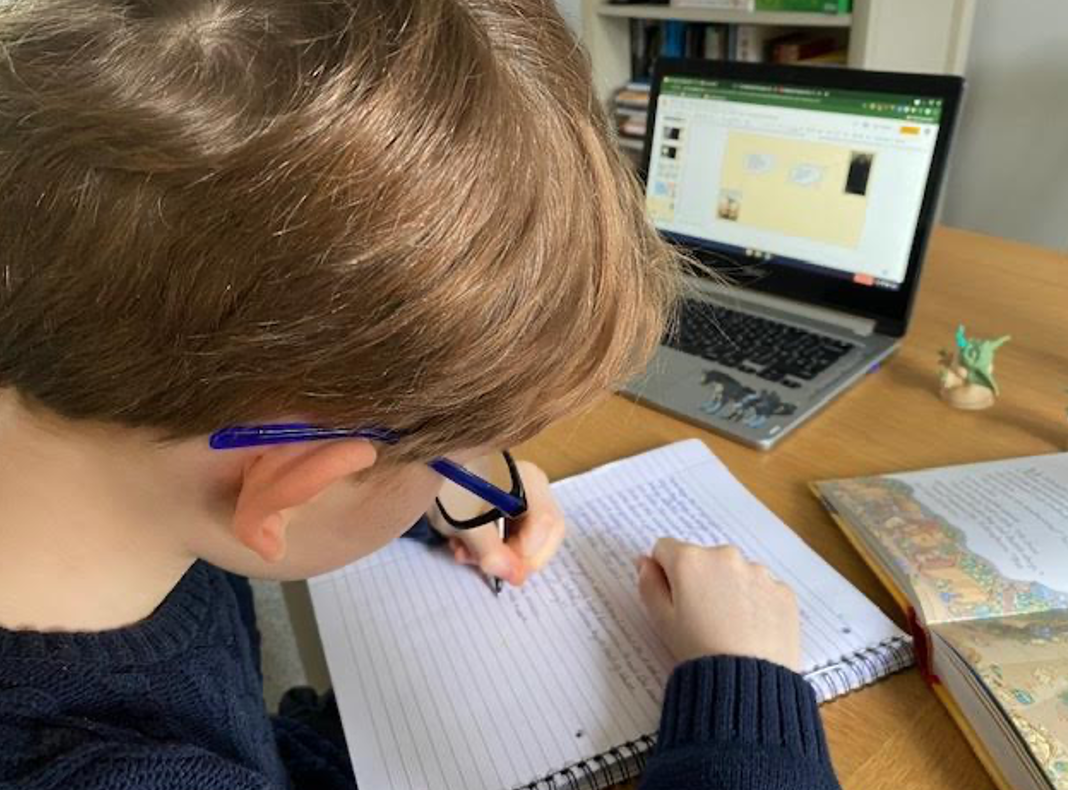
Is teaching writing the 'Neglected R'?
If you can write well, you can succeed in school. But the impact of being unable to write with confidence can be crippling, in the classroom, as well as far beyond the school gates. The recent White Paper on ‘levelling up’ education by the government, predictably attempts to address writing


